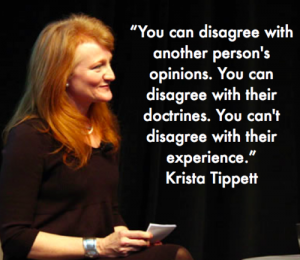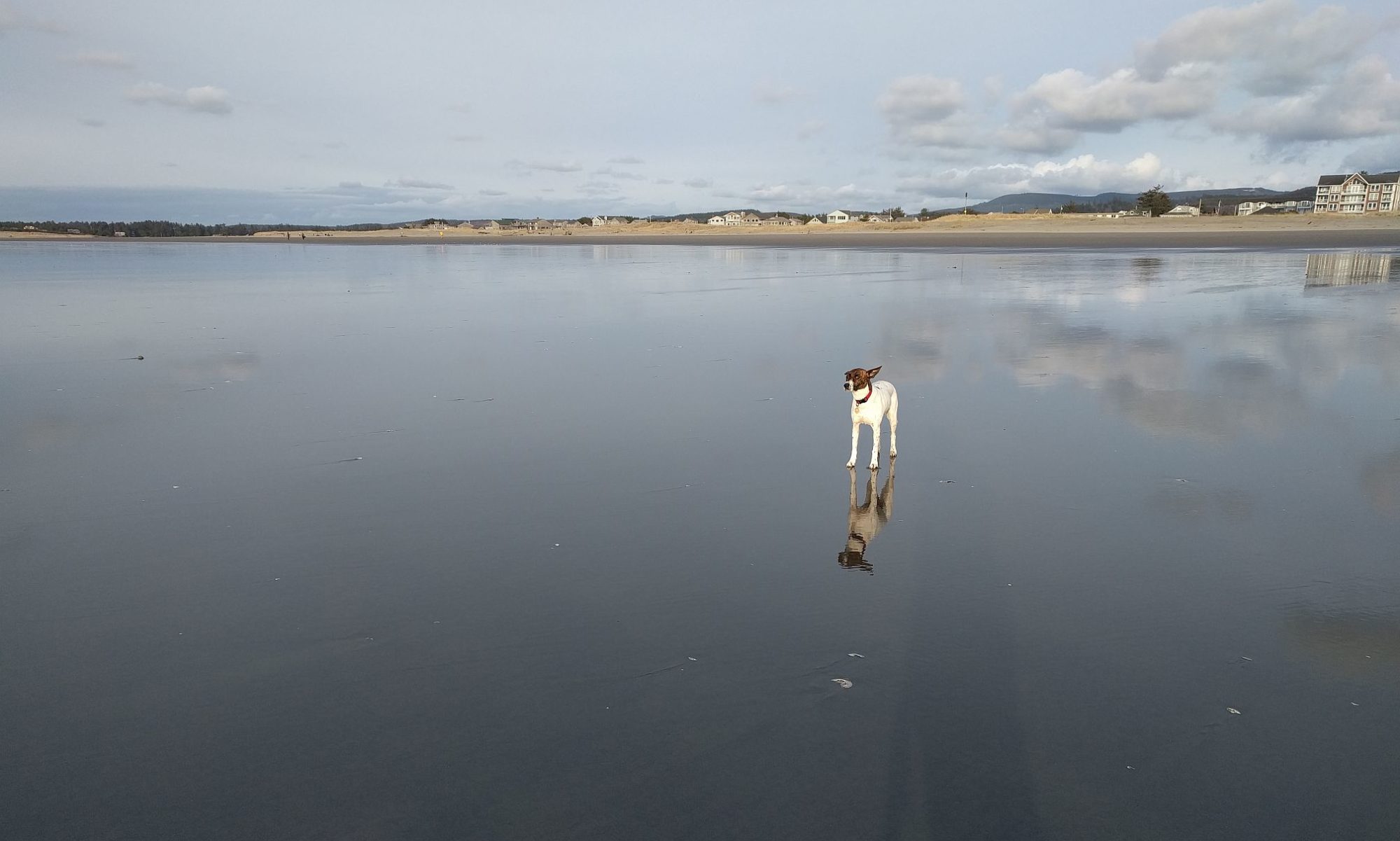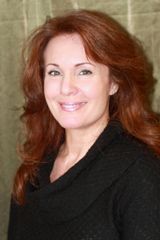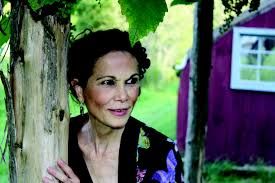“Dan Rather once interviewed Mother Theresa and asked her what she says when she prays to God, and she said she listens. And when he asked her what God says back, she said he listens.”
Dave Isay tells Krista Tippet, On Being April 17, 2014
 I didn’t know that StoryCorps and Facebook began the same year. That’s what I learned while soaking in the tub this morning and listening to one of my favorite radio programs–On Being, also born in 2003.
I didn’t know that StoryCorps and Facebook began the same year. That’s what I learned while soaking in the tub this morning and listening to one of my favorite radio programs–On Being, also born in 2003.
My ritual is to take my computer into the steamy room, set it on the toilet, and play the 60-90 minute long conversations Krista Tippett shares with her guest. “On Being opens up the animating questions at the center of human life: What does it mean to be human, and how do we want to live?” says the website.
 Some of my favorite past programs include conversations with Desmund Tutu, Parker Palmer, Joan Halifax, Joanna Macy, and Thich Naht Hanh–and lots of others poets, writers, theologians and scientists.
Some of my favorite past programs include conversations with Desmund Tutu, Parker Palmer, Joan Halifax, Joanna Macy, and Thich Naht Hanh–and lots of others poets, writers, theologians and scientists.
This most recent show features Dave Isay, founder of StoryCorps. He was 21 and planning to begin medical school when sidetracked into a different life. He stumbled into story as central to well-being.
Yet he comes from a family of listeners, you might say–and students of the human condition: He had planned to join a long line of psychiatrists, and his grandma wrote the advice column–for 50 years–at The New York Post. Continue reading “Listening Is an Act of Love–StoryCorps & On Being”




 Julia Alvarez spoke at the Arlene Schnitzer Concert Hall in downtown Portland, the final event of the 2014 Arts & Lecture series–and I left inspired.
Julia Alvarez spoke at the Arlene Schnitzer Concert Hall in downtown Portland, the final event of the 2014 Arts & Lecture series–and I left inspired.